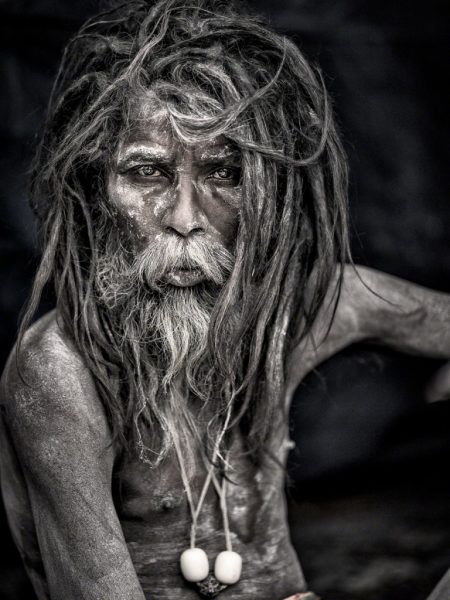 Shakara’s adwaita with its strong emphasis of illusionism captured the Indian mind since his thought seemed to have the sanction of the Vedas. Even though it does not, as Sri Aurobindo points out, yet people bowed before his sharp intellect and took him to be the final authority. Since the Vedas were regarded by the Hindus as the ultimate, they readily accepted Shankara’s explanation. This is true even today. Most scholars and Hindu thinkers regard his authority as the ultimate and put moksha as he understood as the ultimate goal of life.
Shakara’s adwaita with its strong emphasis of illusionism captured the Indian mind since his thought seemed to have the sanction of the Vedas. Even though it does not, as Sri Aurobindo points out, yet people bowed before his sharp intellect and took him to be the final authority. Since the Vedas were regarded by the Hindus as the ultimate, they readily accepted Shankara’s explanation. This is true even today. Most scholars and Hindu thinkers regard his authority as the ultimate and put moksha as he understood as the ultimate goal of life.
It appears that most Indians still regard saintliness and other-worldliness as the real signs of spiritual man. Even men of action revere the anchorite and the renunciate even though they hardly emulate him. Look at the crowd and funding of events such as Kumbh mela where many of these anchorites and sadhus come from everywhere. This is spirituality they think and still hold the outer dress in high esteem rather than inner achievement. Even the famous spiritual leaders of today still posit moskha and mukti as the goal (we are speaking of the general masses and not exceptional individuals like Mr RK Talwar and General Tiwari and his like). And we continue to turn back upon the past forms of dance and literature and systems of philosophy rather than moving ahead with new and even more powerful creations in tune with the spirit of the future.



